As the focus of the conference season for HE has been fees, loans and debt, we have a slightly delayed policy update with a catch up on this complicated issue, with a few hints of other things to come in our regular update at the end of the week.
Discussions about student finance have dominated the news and chat across the higher education sector consistently since the early summer, with a “national conversation” and now calls for a “major review” – which may or may not be happening. So it seemed like a good time to look at the problem, some of the proposed solutions and what might happen next.
Although of course concerns about student debt, the cost of the government subsidy for student loans and whether university degrees provide “value for money” have been a consistent theme, the general election really brought focus, because of the Labour pledge to abolish tuition fees for new students and the desire to forgive existing student debt. The latter was interpreted by some as a “promise” and others as a “wish”, but the combination allegedly swayed young people in huge numbers to (a) vote, and (b) vote Labour. I have written about this elsewhere – students and young people did turn out in large numbers and many of them did vote Labour – but it is highly unlikely (at least in my view) that this was down to a single issue.
The immediate effect of all this was that in the summer the government postponed the announcement of the anticipated inflation increase to the tuition fee cap in 2018/19 for universities with Year 2 TEF awards (i.e.most universities but not some new or alternative providers). The delay prompted speculation that the rise would be cancelled (despite already being provided for in legislation), and sure enough, just before the Conservative Party conference the Prime Minster announced that there would be no increase in 2018/19 – and also that the repayment threshold for tuition fee loans will go up (from £21k to £25k) from 6th April 2018. The written ministerial statement that confirms all this was issued on 9th October 2017. Note that the upper threshold is also going up and that this only applies to those with loans since 2012.
So what next? The PM announced a “major review” – but did she mean it? The ministerial statement (as the most recent indication) says: “The Government will set out further steps on HE student financing in due course”. In the meantime, Sheffield University have announced their own review.
We will consider some of the options, some of the implications, and make an unwise effort to predict what might happen next.
Option 1: Tinker with the current system
The repayment threshold rise was long overdue, for many, as it was part of the original deal for student loans that was reversed, because the impact of the freeze in the threshold was regressive. This is not just a tweak. The Institute for Fiscal Studies have assessed the cost as over £2.3billion per year in the long run – a “big (and expensive) giveaway to graduates”.
Postponing the inflation based fee cap increase could have implications for the Teaching Excellence Framework. Fee cap increases were a “carrot” to encourage universities to improve their teaching and earn an increased fee through better TEF awards (on hold since the House of Lords pressure on the Higher Education and Research Act before the election meant that plans for differentiated fee caps linked to TEF were postponed).
Those hoping that dropping fee increases (at least for now) means that the TEF isn’t necessary are (at least for now) going to be disappointed – the link to fees was to support the TEF, not the other way around – and so on 9th October 2017, alongside the fee notification referred to above, the Department for Education issued the year 3 TEF specification. The changes were anticipated in the Minister’s big speech at Universities UK on 7th September, and here it is, now renamed the “Teaching Excellence and Student Outcomes Framework” (TESOF). So no sign of that being abandoned.
[Notes on TEF: The name change is interesting after so much feedback from everyone that the one thing that the TEF doesn’t measure was teaching quality. The metrics changes this time are limited to including LEO data – longitudinal educational outcomes (employment and salary) and a self-assessment on grade inflation. The subject level pilot is also starting this year, along with a pilot of new metrics on teaching intensity. Remember also that there is a possibility that subject level TEF might also be linked to fees – something that some in the House of Lords thought was a good thing at the time that they threw out the link between TEF and fees – they said it was meaningless at an institutional level but more meaningful at a subject level.]
Changing the interest rate – read the myth busing article from MoneySavingExpert on why this isn’t as obvious as it sounds. There is no question that the headline rate is high but the article points out that different rates apply to students once they graduate according to what they are earning. Nevertheless, students at university right now are accruing interest at 6.1%. And (to the extent that it is repaid) that is helping to fund those who don’t repay.
Give it a new name. This is potentially a flier – after all the TEF has been renamed after the Minister insisted at length that the name was not important and what counted was what the TEF actually did. In a debate with Martin Lewis (of MoneySavingExpert) on 3rd October, Jo Johnson agreed that there was a problem with terminology. Instead of a “student loan” he offered a “time-limited, income-linked, graduate contribution” – which doesn’t trip off the tongue. However cumbersome as a name, this does make it clear the Minister’s position, which is that the fact that the government writes off a lot of debt is not accidental, or a sign that the system is broken, it is a deliberate investment in the cost of education which supports those who cannot afford later to repay it. [
[While we are talking about names, could there be a reconsideration of the name of the Office for Students as well?]
Add more conditions. There has already been a bit of this. In the Minister’s speech to UUK referred to above, Jo Johnson said that the government would:
- consult on: “making it a condition of joining the register of higher education providers that institutions clearly set out in this way how they will provide their courses so that there is full compliance with consumer law”
- Introduce a new ongoing condition of registration requiring the governing bodies of [Approved and Approved (fee cap)] providers to publish the number of staff paid more than £100,000 per year and to provide a clear justification of the salaries of those paid more than £150,000 per annum.
So there is an option to add other conditions too – such as giving bursaries, fee waivers for students with financial difficulties etc. But the Office for Fair Access don’t think that bursaries and direct funding are the best way to increase participation – see the blog by Les Ebdon on Wonkhe. And there is still a question about how these are funded (see below).
Option 2: Just cut the cap – or introduce variable caps
One proposal trailed in the newspapers recently as being under serious consideration by the Chancellor as a plan for the November budget, was that the fee cap should just be cut. This is linked in some quarters to the argument (by Lord Adonis and some others) that universities are operating a cartel by (mostly) all charging the maximum fee. The Times Higher Education did an analysis of this:
“According to an article in The Sunday Times on 17 September, Mr Hammond is considering a plan to scrap the current fee cap of £9,250 for home undergraduates and replace it with a maximum of £7,500. The government would then top up the fee with some direct funding per student for those studying higher-cost science and technology subjects. But such a move could mean universities losing £1,750 for students enrolled on any other course.”
Apart from caps linked to TEF outcomes, described above, one solution that has been proposed in a range of forms is that there should be different fees – perhaps enforced by different caps, for different courses. There’s an interesting history lesson here. Of course, this could be more subtle than just allowing the universities with the highest earning graduates to charge the highest fees – the Economist looked at value add recently. Caps could be linked to cost – the Times Higher Education showed an analysis of costs at a subject level in an article on 5th October. This is a very complex argument, because of issues about cross subsidisation across the sector, including for bursaries and research.
Lower fees overall, or lower fees for some courses could lead to courses being cut as well as a big focus on cost savings in institutions. The UUK statistics show that UK undergraduate tuition fees were 27% of total income in 2014-15. Universities spent £14.42 billion on teaching and research, 69% of it on staff costs. Cost cutting will be difficult.
As noted above, Lord Adonis has claimed that universities are running a cartel – opening the door to legal remedies that would force differentiation in fees – but there has been a strong response to this argument.
Option 3: Make someone else pay for HE
The government
The Labour Party’s preferred option is to go back to the old days – scrap tuition fees and centrally fund HE. Many commentators have poured cold water on this idea for two main reasons – affordability, and because they argue that this policy is regressive compared to the current system. If lower paid graduates don’t have to repay their loans, they benefit most from that “income linked, time limited government contribution”, while higher paid graduates do repay (and subsidise the others through the interest rate). There is an IFS report on the impact of the Labour manifesto pledge here.
The affordability discussion is linked to the other objection to this policy – that because it would otherwise be unaffordable, it is inevitable that student numbers will have to be limited – either by the reintroduction of the Student Number Control system or some version of it. It appears that Labour do not agree that this is inevitable.
Many have looked at Scotland – where there are still controls on numbers, and pointed out that free tuition associated with a cap on numbers has had a negative impact on participation amongst lower participation groups.
Of course, it is also government policy to increase the number of young people pursuing technical qualifications, including apprenticeships – which may push down the total number of students at universities, and so may make that less of an issue.
There is a strange potential Brexit bonus here for the government, if not for universities or for the wider economy. It is anticipated that EU students will have to pay international fees after Brexit, and will cease to be eligible for student loans. A Higher Education Policy Institute paper suggested that this will reduce the number of EU students substantially, by up to 31,000 students in one year. Some of these students have loans they don’t repay – so there is scope for a saving in the up front loan funding and a smaller write-off later– although it is limited.
Before the referendum, a House of Commons briefing paper on student loans estimated that 65% of EU students took up fee loans in 2013/14. Some of these students may be taking loans because they can, rather than because they need to (according to UUK, more EU borrowers than English ones repay in full or make large repayments). It has been hard to recover debt from some of these students, although the overall default number is smaller than for UK students; the government’s student loan repayment strategy (Feb 2016) aims to improve collection rates. For more information about student loans to EU students read the Student Loans Company Statistical First Release – Student Loans in England for the financial year 2015-16
Business
David Green, the VC of the University of Worcester, wrote in the Guardian in July that there should be a return to the pre-2012 system with a twist:
“The pre-2012 system was a reasonable compromise, with students paying approximately one third of the total fees through an interest-free, index-linked government repayment scheme.
Since there are three beneficiaries of higher education, there should be three principal sources of funding: taxpayers, companies and the individual. As well as tuition fees and general taxation, there should be a payroll tax or levy on enterprises with the proceeds earmarked for higher education. Introducing a contribution from companies will ensure that philanthropic funding provides a vital boost without serving as a substitute. “
The levy route is being used to fund apprenticeships – it seems likely that the government will want to see how that works before trying another direct tax on businesses – especially as the link to employment is less direct for HE than it is for apprenticeships.
Universities
In a variation on this theme, Ryan Shorthouse of Conservative think tank Bright Blue suggested that universities should pay towards the cost of funding student loans: “Institutions producing a disproportionate number of graduates who will need their student loans subsidised should contribute a levy to government.”
- That’s an interesting idea, but there are some problems with it. In other markets, suppliers can pay a levy towards the “greater good” e.g. green levies paid by energy companies – these are funded either by increased prices for consumers or reduced profits (and reduced dividends for shareholders).
- The parallels in higher education don’t work in the same way – fees are capped, so the consumer won’t pay more, and as most universities do not have shareholders and do not pay dividends, the cost would therefore be funded by cutting investment in something else. That seems unlikely to help improve outcomes for students (as was argued by the NUS in relation to differential fees linked to TEF, the outcome is that poor performers have less money to invest in improving performance). There is an interesting Wonkhe article with a US perspective that supports that view here).
- What this would probably mean over time is that those courses with worse outcomes on salary would be cut. Perhaps that is the desired policy outcome – remove courses that are not “profitable” for society from government funding altogether. And that opens another whole debate about the value of education beyond salaries.
Graduates
There is also the graduate tax option. There’s a 2016 article by Martin McQuillan here and one by Will Cooling here. This could just be a name change for student loans – or something more drastic – one policy trailed recently was that all graduates should pay the tax – regardless of when they studied (but of course, if they didn’t have loans, no-one knows who they are…). The graduate tax still seems to be Lib Dem policy. There is a more recent review of the idea here.
Option 4: Leave tuition fees – focus on maintenance grants
This is UUK’s flagship policy in this area. The most recent article is by Alistair Jarvis for the Telegraph which covers other ground but also refers to their views on maintenance. This was described by Janet Beer, the UUK president, in a speech to UUK’s annual conference on 7th September and in the Guardian here. In a recent THE article, Professor Beer also suggests that the Welsh model of maintenance support alongside fees might be worth looking at for England.
So what’s next?
It is very hard to see where this might go. The hint in the ministerial announcement could suggest there is more to come – the promised review or more tinkering? Certainly no-one will believe anyone who suggests that nothing else will change – the two changes that have been announced were denied energetically until quite recently.
The obvious tinkering option that is still available is interest rates. That might change in the budget – but on top of the repayment threshold change it will be expensive (even though much of the accrued interest is monopoly money – it isn’t repaid so it was never real in the first place). Andrew McGettigan explains how the government accounting works in a blog here.
The Chancellor might announce a more dramatic shift in policy in the budget – but it seems unlikely that he would announce a reduction in the fee caps without more work to understand the implications. He might announce a limited programme of maintenance grants.
And he might announce a review. That would push the issue into the long grass for a while. It seems incredible that there could be another new idea that no-one has thought of yet, given all the words on this subject over the last year. But there could be.
And if there is a review – a graduate tax of some sort – whether a renaming with other tinkering or a more fundamental change that means graduates pay more than just their own loans– does seem to be a possibility.
And given the context described above, it seems likely that any more fundamental change would be accompanied with a change to the current single fee cap. If the government is going to pay more of the cost of HE –or make business or graduates pay- it is unlikely to accept that all courses should be funded at top of the cap. It is inevitable that the value for money concept would feature somewhere, whether linked to quality, outcomes or costs. So those who hope for a review need to be prepared for a differentiated fee or funding caps.
Next stop – the budget.
Subscribe!
To subscribe to the weekly policy update simply email policy@bournemouth.ac.uk
JANE FORSTER | SARAH CARTER
Policy Advisor Policy & Public Affairs Officer
65111 65070
Follow: @PolicyBU on Twitter | policy@bournemouth.ac.uk
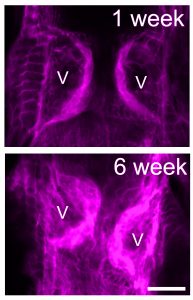 Research funded by the British Heart Foundation looking at tissue fibrosis (scarring), will soon be published in Experimental Gerontology, one the world’s leading journal on ageing. Fibrosis occurs naturally as part of our injury response process but also develops in ageing and chronic disease. Treatments are scant despite fibrosis leading to organ failure and increased risk of death.
Research funded by the British Heart Foundation looking at tissue fibrosis (scarring), will soon be published in Experimental Gerontology, one the world’s leading journal on ageing. Fibrosis occurs naturally as part of our injury response process but also develops in ageing and chronic disease. Treatments are scant despite fibrosis leading to organ failure and increased risk of death.
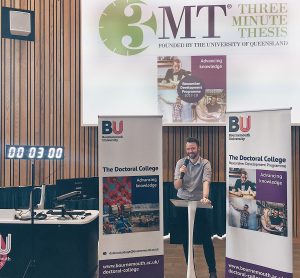
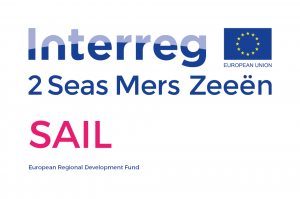
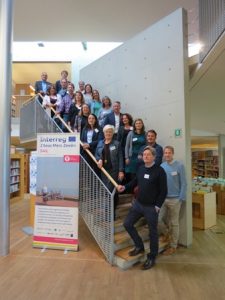
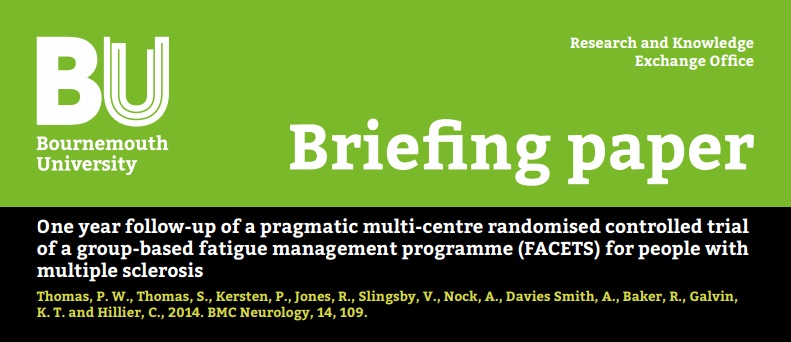
 Our
Our 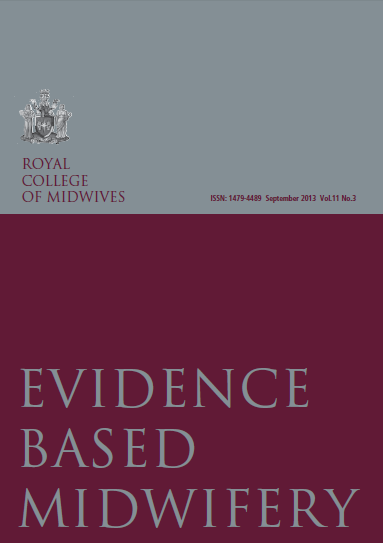
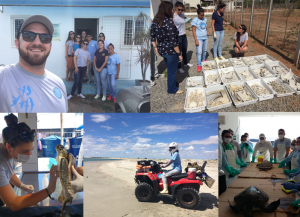


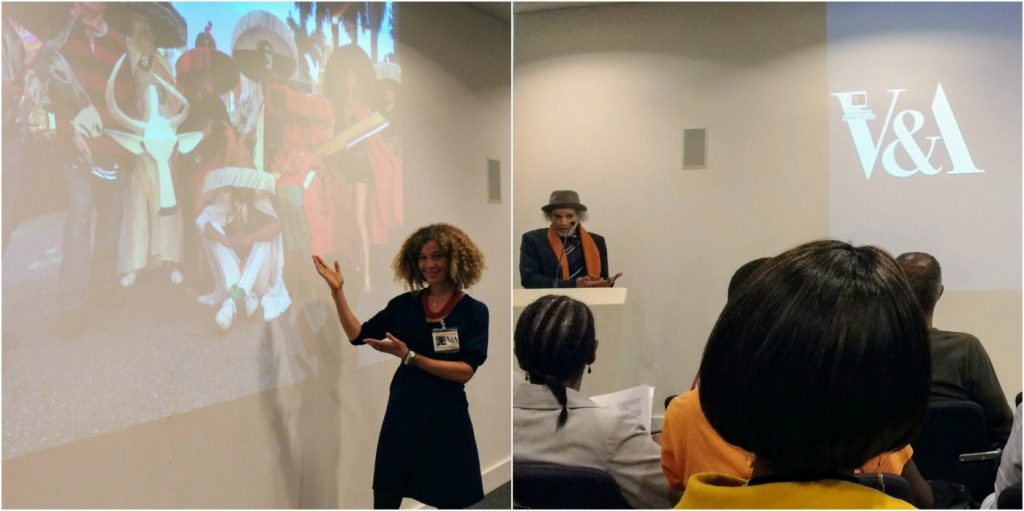
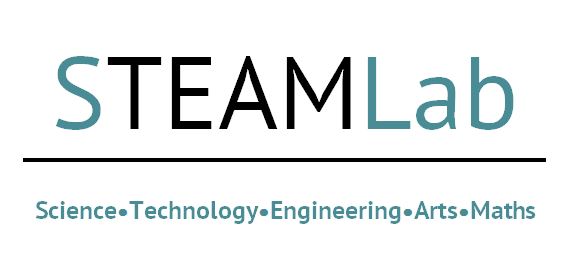


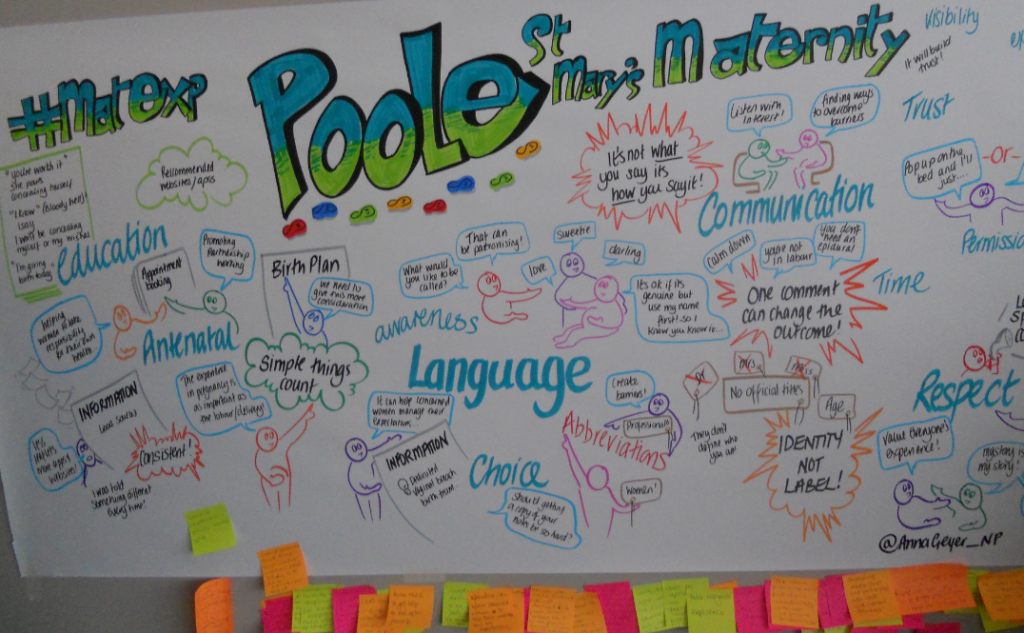
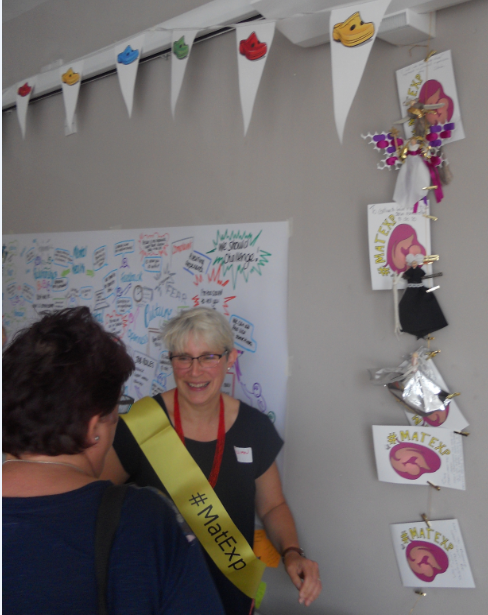
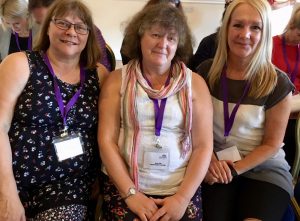
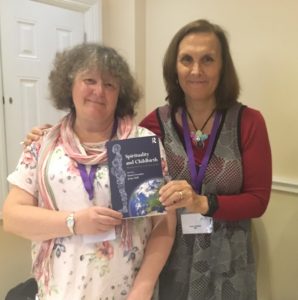
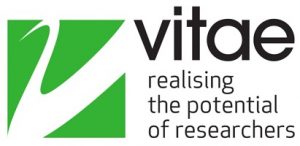 Call for mentors and mentees
Call for mentors and mentees
 The AHRC Heritage Research team – led by Professor Rodney Harrison at University College London – will raise the profile of the heritage sector and provide leadership by working with the research community and partner organisations, in particular helping early career researchers to access opportunities.
The AHRC Heritage Research team – led by Professor Rodney Harrison at University College London – will raise the profile of the heritage sector and provide leadership by working with the research community and partner organisations, in particular helping early career researchers to access opportunities.










 Beyond Academia: Exploring Career Options for Early Career Researchers – Online Workshop
Beyond Academia: Exploring Career Options for Early Career Researchers – Online Workshop UKCGE Recognised Research Supervision Programme: Deadline Approaching
UKCGE Recognised Research Supervision Programme: Deadline Approaching SPROUT: From Sustainable Research to Sustainable Research Lives
SPROUT: From Sustainable Research to Sustainable Research Lives BRIAN upgrade and new look
BRIAN upgrade and new look Seeing the fruits of your labour in Bangladesh
Seeing the fruits of your labour in Bangladesh ECR Funding Open Call: Research Culture & Community Grant – Apply now
ECR Funding Open Call: Research Culture & Community Grant – Apply now ECR Funding Open Call: Research Culture & Community Grant – Application Deadline Friday 12 December
ECR Funding Open Call: Research Culture & Community Grant – Application Deadline Friday 12 December MSCA Postdoctoral Fellowships 2025 Call
MSCA Postdoctoral Fellowships 2025 Call ERC Advanced Grant 2025 Webinar
ERC Advanced Grant 2025 Webinar Update on UKRO services
Update on UKRO services European research project exploring use of ‘virtual twins’ to better manage metabolic associated fatty liver disease
European research project exploring use of ‘virtual twins’ to better manage metabolic associated fatty liver disease